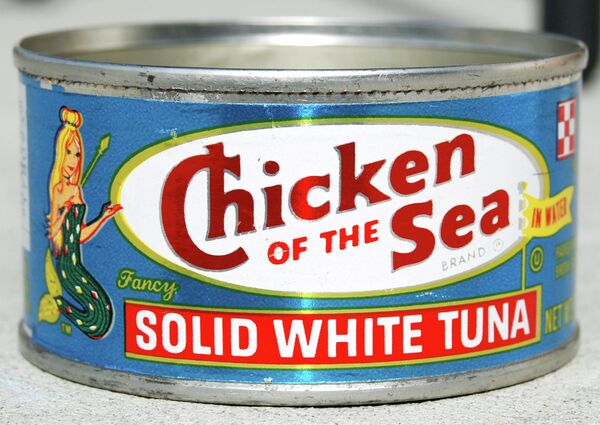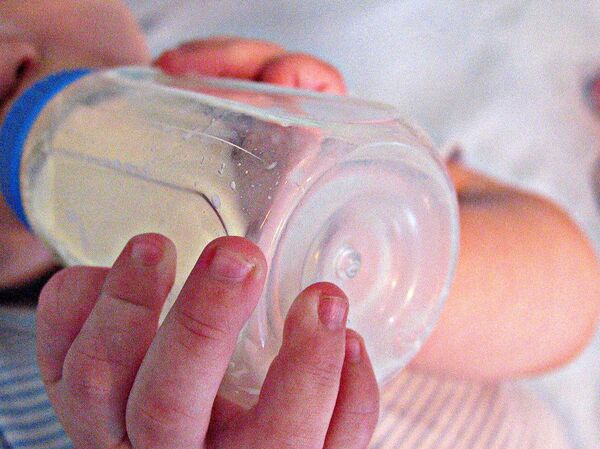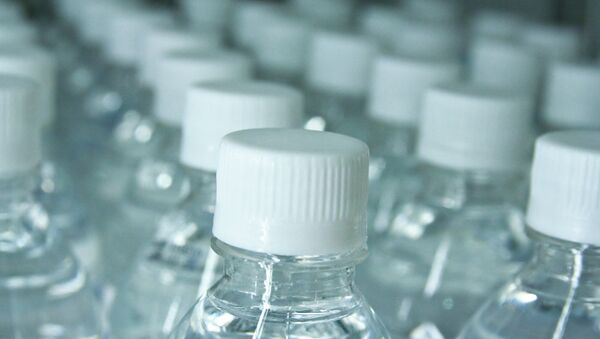Bisphenol A (or BPA, as it’s commonly known,) a synthetic carbon-based compound found in water bottles, sports equipment, and CDs, is one of the main culprits.

"We're seeing more and more guys who have low and troubling sperm counts," said Pat Hunt, a molecular biologist at Washington State University. "There's a hypothesis now that this might be due to these estrogenic exposures to the male testes — because it's not just sperm counts that seem to be changing.”
Hunt’s research puts BPA in a group of hormone inhibitors known as endocrine disruptors. An endocrine disruptor is any chemical that inhibits the body’s hormone system. These disruptors have been linked to birth defects, mental disabilities, and even cancer.
In Hunt’s study, she and her team raised female mice in cages made of polyphthalate carbonate, another endocrine disruptor. Her team studied mutations in the mice’s egg cells under a microscope, and found that the mice had significant mutations due to exposure to the chemical.
Hunt’s finding show that even small exposures to BPA, polyphthalate carbonate, or ethinyl estradiol, a synthetic estrogen often found in birth control, caused a lower sperm count in the mice tested.
"The changes are subtle, but have pretty big repercussions," said Hunt.
Researchers published findings last year that phthalates, compounds used in the manufacturing of plastics, piping and cosmetics, can inhibit the production of testosterone, directly inhibiting male fertility.
A 2014 study showed that more than a negligible amount of BPA can be found in soaps, toys, the lining of food cans, and even toothpaste, which could be affecting male fertility. Of the 96 chemicals the researchers in that study tested, one in three significantly changed the swimming behavior of sperm.

“We have seen quite dramatic increases in infertility over one or two generations,” Niels Skakkebaek of Copenhagen University Hospital told the Huffington Post.
"Such changes can only be explained by environmental influences."
Hunt notes the U.S. and Denmark have witnessed similar trends in men reporting low sperm count — with approximately 40% of young Danish men reporting such. In-vitro fertilization (IVF) treatments because of male infertility have doubled over the last decade, according to the Centers for Disease Control and Prevention.
The American Chemistry Council interpreted Hunt’s findings differently.
"This new study is of limited relevance to human health," Steven G. Hentges, of the industry association's Polycarbonate/BPA Global Group, told HuffPost in an email.
Hentges argues that other studies using mice and rats showed "no reproductive effects in males or females at any dose remotely close to the levels of BPA to which people are actually exposed, or even to the extremely high levels tested in the new study."
Hunt responded that it is unknown how much BPA humans have been exposed to in the real world.

“We only know the levels that have been reported in human blood and urine," she said. "The levels we used produce very low levels in mice that are lower than those reported in humans."
Andrea Gore, a hormone disruptor expert at the University of Texas at Austin and editor-in-chief of the journal Endocrinology, weighed in supporting Hunt.
"While there are probably a number of explanations for infertility," said Gore, "I believe that environmental chemicals — in both men and women — play a role."
The World Health Organization and the U.N. declared endocrine disruptors a “global threat” in 2013.




